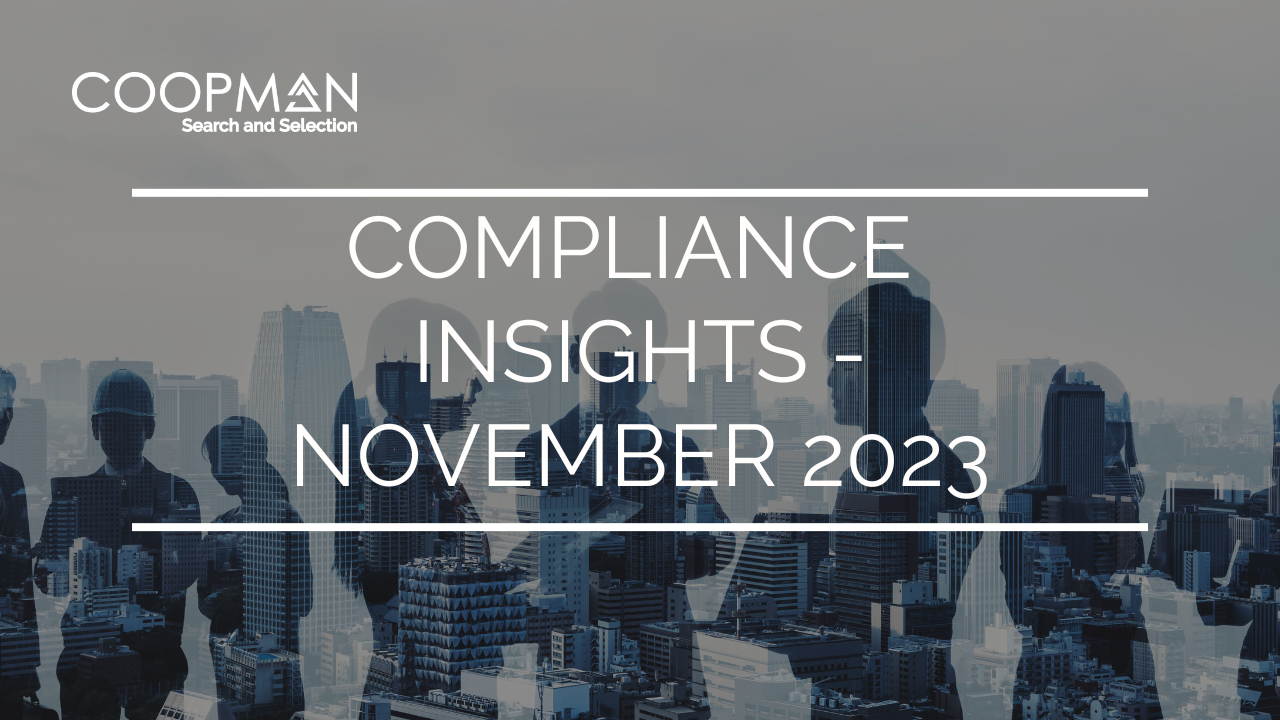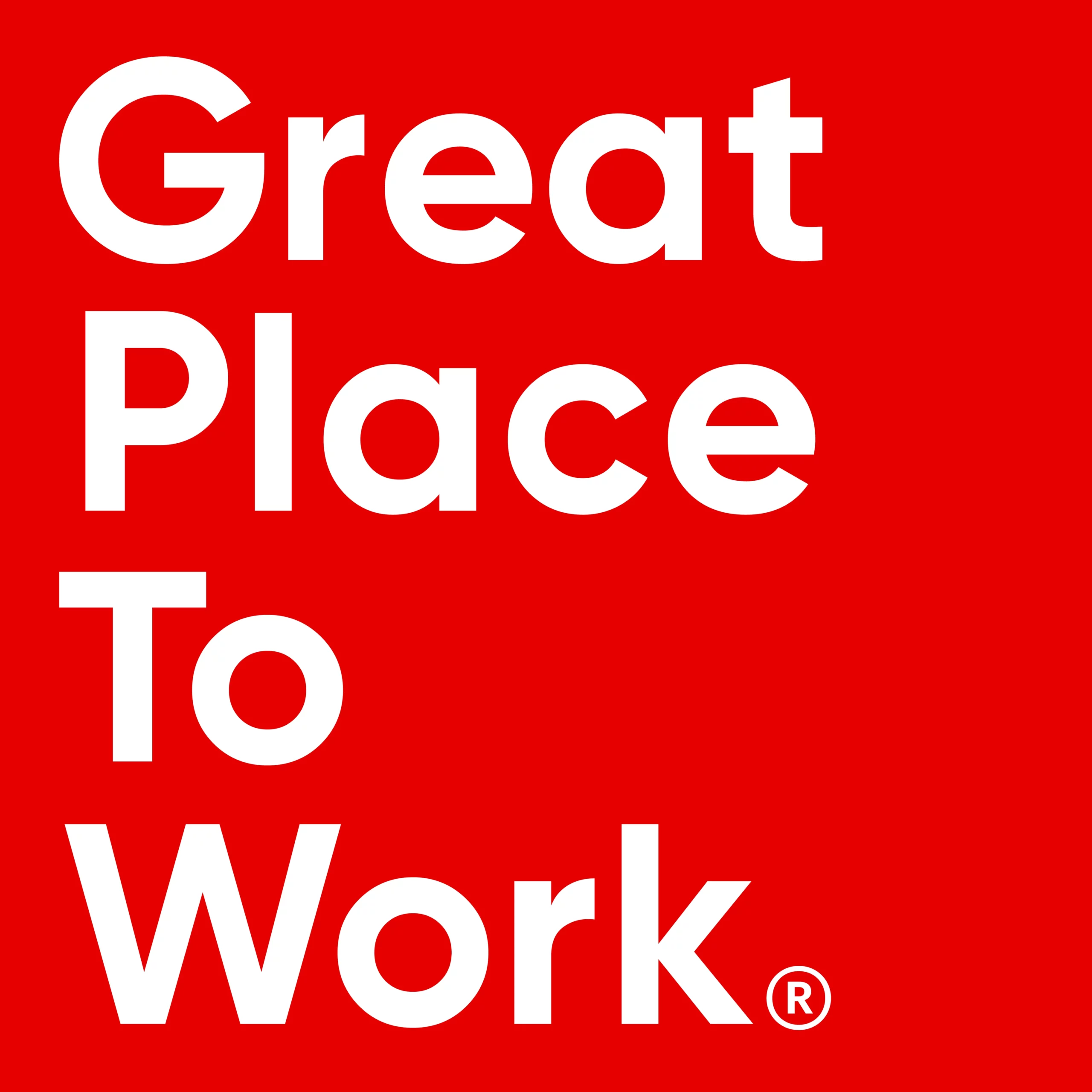Survey finds majority of employers confident for a 2021 return to the office, however nearly two thirds concerned increased flexible working will negatively impact culture and office energy
Over 90 employers across Ireland and the UK took part in our survey. With the aim of identifying how companies will attract and retain talent post pandemic, 96% stated that they believe offering opportunities like remote or hybrid working will act as a competitive advantage. While 9 in 10 employers plan to make increased flexible working arrangements available to employees on returning to the office, 64% fear this may result in a loss of culture and office energy.
“Once a company is aware of the potential risk to its culture, proactive measures can be taken”, said Director and Co-Founder, Andrew Murphy. “Structured flexibility may be a good option for companies that plan to operate hybrid working models, whereby there are certain mandatory office-based days for teams or departments to collaborate in person. Managers will also play a key role in driving culture and employee engagement, so companies should consider the provision of additional training, specifically in relation to effectively managing remote and hybrid working teams”
RETURNING TO THE OFFICE
Employers were asked about their expectations for returning to the office in 2021. Of the employers that are planning to return, 67% feel confident that it will happen this year, however transitioning employees back to the office and managing their expectations are areas of concern. 54% of employers expect to adjust their office space post Covid-19, with nearly a third planning to downsize, or offer employees access to digital or remote working hubs. Nearly half of employers will not require employees to be vaccinated to return to the office, while 29% will require vaccinations and 24% stated it is not applicable to their business.
FLEXIBLE WORKING ARRANGEMENTS
Employers were also asked about the availability and accessibility of flexible working for employees prior to and post Covid-19. 89% will offer hybrid working post pandemic, up from 26% prior to the pandemic, while 21% will offer full-time remote working, up from 15%. While 88% will offer employees equal access to flexible working opportunities post pandemic, up from 75% prior to the pandemic. The most common reasons for not offering equal access include role dependency and client needs.
“We engage with professionals right across financial services on a daily basis in both Ireland and the UK, and it is becoming very evident that access to flexible working arrangements will be a deciding factor for many individuals when accepting a new role”, added Andrew. “With the inevitable revival of the employment market and the appetite for increased flexible working opportunities, employers may need to look at ways in which they can differentiate themselves. For example, they might offer flexible benefits such as healthcare screens and advanced medical plans, wellbeing and employee assistance programmes, remote expenses and childcare contributions, or even gym or exercise class memberships, to accommodate new working models.”
Download “Attracting & Retaining Talent in a Post-Pandemic World: A Guide for Employers” for the full results of this survey across Ireland and the UK, as well as industry benchmarks, predictions and solutions for the return to the office and adoption of flexible working practices.







